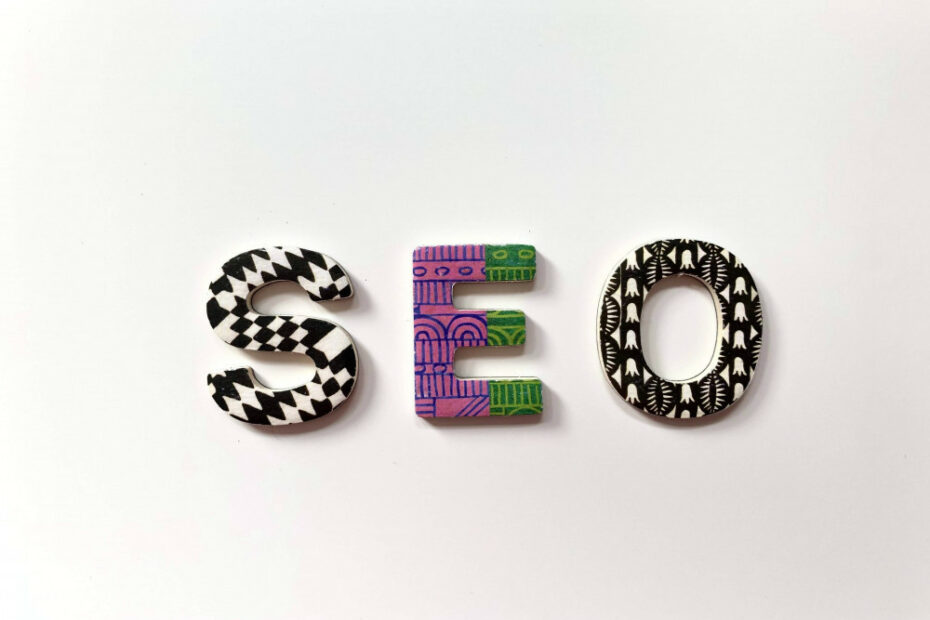Wondering how to leverage SEO to boost organic traffic to your website and make your way up higher in Google’s search results? We’re here to help.
According to Search Engine Watch, simply put “SEO is the umbrella term for all the methods you can use to ensure the visibility of your website and its content on search engine results pages (SERPs)”. To stand the best chance of occupying one of the treasured top five results on Google, your website content, architecture, links and HTML needs to be structured in a certain way.
Here we highlight a few SEO essentials to help you get started!
Keyword Targeting
The foundation of any successful SEO strategy is comprehensive keyword research followed by structured keyword targeting. There are a lot of keyword research tools out there, each with their own upsides and downsides. When subscribing to Wealthy Affiliate, members immediately gain access to the Jaxxy, an advanced keyword tool developed for affiliate marketers by affiliate marketers. Utilizing Jaaxy will give you global trends, average monthly searches for a specific keyword, the number of website visits if you achieve first page rankings, the number of domains relating to any given keyword, keyword quality indicators and much more. Once you’ve selected a number of relevant, high-volume keywords you can set up Jaxxy to automatically track your rankings on Google, Bing and Yahoo.

Title Tags and Meta Descriptions
Title tags are HTML elements that specify the title of a web page; displayed on search engine results pages (SERPs) as a clickable headline. Similarly, meta descriptions are HTML elements that briefly describe the content of a web page, displayed on SERPs directly underneath the title tag. Title tags and meta descriptions need to be set individually per page and, where possible, should be centred around a focus keyword and should always include your brand name. You can do this using a plugin like Yoast SEO or All in One SEO Pack.
Title tags should be between 50 and 60 characters in length and meta descriptions should be between 150 and 160 characters. Sticking to these parameters ensures your organic search listings look professional and gives the bots an easy-to-decode description of what your web page is all about. If you don’t set custom title tags and meta descriptions, Google or other search engines will crawl your page and choose random snippets of text, no matter how accurate, to summarise the web page.
Image Alt Attributes
Another essential step in the typical SEO process is setting custom alt attributes for images. Alt attributes are HTML elements that provide additional information about an image. When you upload an image to a blog or web page, properly describing your it (using focus keywords if possible and relevant) will greatly increase the chances of your image appearing in relevant image searches. Search engines will do this by ‘reading’ the alternative (alt) text of an image. It’s just one more way to tell search engines what your page is about.
Evergreen Content
As with all things digital, content is king. If you’re looking to run an SEO-friendly website, regularly publishing evergreen content is key. By evergreen we mean unique content, without any duplications. Stick to long-form articles over 350 words in length, ensure they are well-spaced-out and easy to read, include focus keywords if you can, and add in striking imagery to keep readers engaged.
Internal Linking
As well clear and simple-to-use navigation, internal linking has many advantages when it comes to SEO. Not only does it provide users with further reading options but it can also help to improve your ranking for certain keywords. For example, if you want an article to rank for a specific keyword, link to it using that keyword on other areas of your website. It goes without saying that this has to be done as organically as possible, so that the effort doesn’t look forced to the average reader. Most importantly, internal linking assists Google and other search engines in indexing your site and discovering new content to rank. You see, it is easier to find pages and posts when they are linked to somewhere on the web.
These are just a few of ways in which you can get your website optimised for search engines. SEO is a complex topic, and marketing companies have entire teams dedicated to the task, however, getting a few of the basics right will go a long way when it comes to getting your web page further up in the rankings.
For more SEO tips and tricks, make sure to keep an eye on our blog page!

